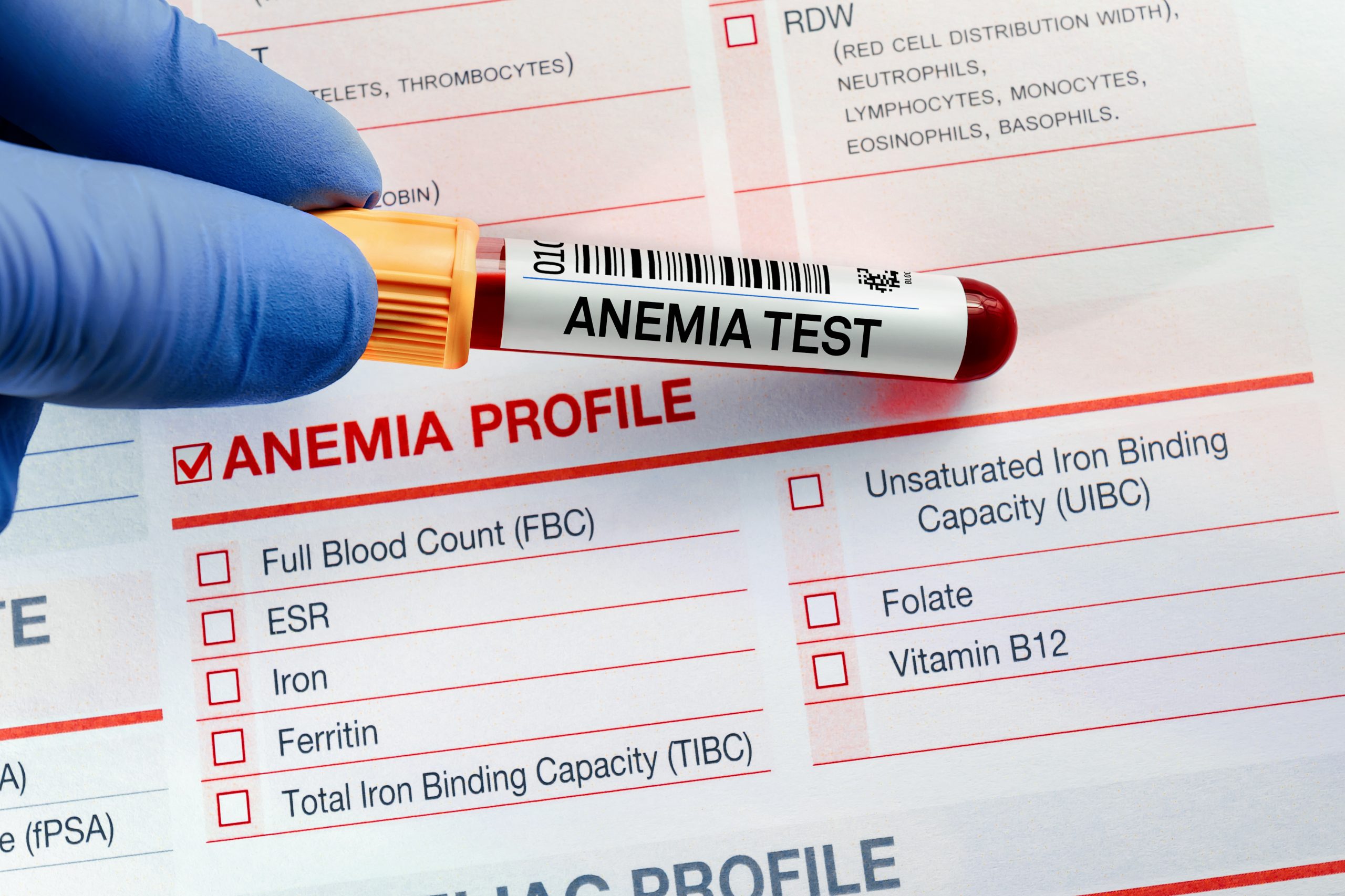Adam’s Journal
‘Tis the season – for another question from an Oklahoma Medical Research Foundation coworker:
The blood work following my recent annual exam showed low iron levels. My primary-care physician says he wants to see me again to rule out anemia. I’d rather avoid taking time out from work for another trip to the doctor. Can’t I just take a daily iron supplement?
Tony Thornton
Dr. James Prescribes
Let’s start with a quick primer on why iron is important: Without it, you can’t make hemoglobin, a protein in red blood cells. And red blood cells are what supply oxygen throughout the body.
Iron is also vital for a fully functioning immune system.
Unfortunately, low iron levels are a common problem. Earlier this year, a study published in the scientific journal JAMA Open Network found that nearly 1 in 3 Americans had an iron deficiency: 14% had an “absolute” deficiency, which is a severe lack of iron, while another 15% had a “functional” deficiency, where the body has adequate amounts of iron but can’t use it properly.
It’s worth noting that iron deficiency is especially common in women of reproductive age, where regular menstruation can be a major contributor. Because our writer, Tony, is a male, we can rule that out as a cause in this particular case. However, it underscores why he should go ahead and visit his doctor again rather than simply taking an iron supplement.
Iron deficiency can be attributable to a wide range of causes, from fairly mundane ones (not getting enough iron in one’s diet) to life-threatening ones (internal bleeding or gastrointestinal cancers). So, returning to the doctor to pinpoint the cause of the deficiency is crucial.
Understanding the cause of iron deficiency is also key to preventing the condition from progressing to anemia, whose symptoms can include fatigue, headaches, dizziness and shortness of breath. Through testing and an office visit, a physician can usually identify what’s causing the problem. Relatively common contributors include the use of non-steroidal anti-inflammatory drugs, an iron-poor diet, blood loss, extreme athletics, autoimmune disease, or some combination of these factors.
Once a doctor can figure out what’s at the root of the iron deficiency, they can recommend ways to address the issue. If the cause of Tony’s problem appears to be an iron-deficient diet, the first course of treatment could, in fact, turn out to be a consultation with a dietician or a regular supplement.
–
Dr. Judith James is executive vice president and chief medical officer of the Oklahoma Medical Research Foundation. Adam Cohen is OMRF’s senior vice president and general counsel. Send your health questions to contact@omrf.org.



